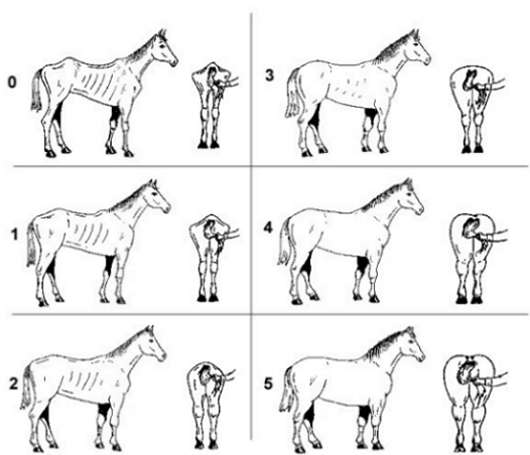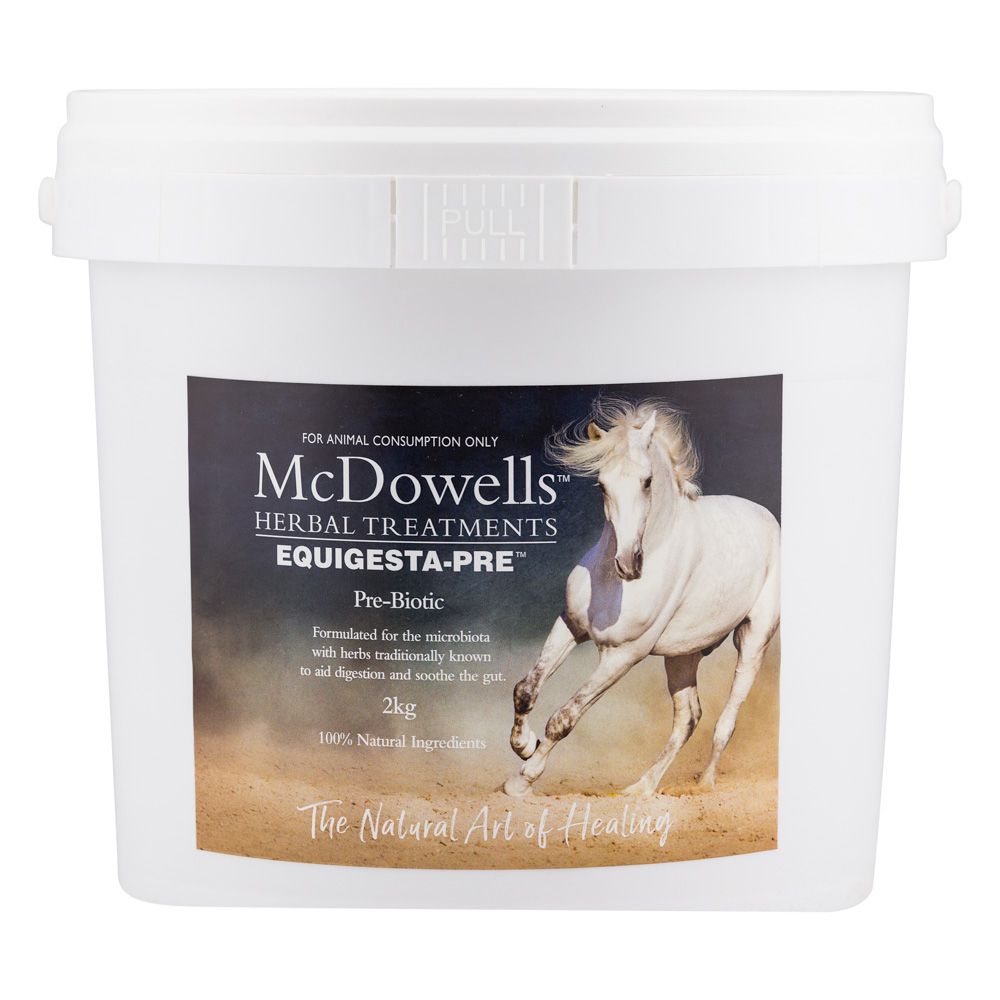Some horses are more inclined to be 'hard doers' while others have physical, environmental or emotional reasons for having difficulty in keeping weight on. You should never be in a rush for a horse to gain weight. Approach weight gain as you would weight loss - slowly and steadily, with their overall health in mind.
Investigating any underlying gastrointestinal issues is the first step to helping a horse gain weight. Start at the first point of the digestive system - the mouth. It goes without saying that having someone check your horse's teeth and mouth is essential!
We want to focus on building lean muscle mass and laying down healthy fat stores. Herbs play an essential part in rehabilitating a horse and building weight. By returning the horse's gut to an optimal condition he's got a much better chance of gaining weight more effectively - which means less fuss and less money being spent by you!
Limiting reliance on chemical wormers, antibiotics, chemical anti-inflammatories like 'bute' is a step towards healing the gut. Overuse damages the gut wall, creates ulceration and leaky gut.
Exercise has also been shown to be an important part of gut health (just like humans!). In the wild, horses walk around 22-24km a day! They have evolved as roaming, wild herd animals which means they function best in large, open areas of mixed pasture, tree coverage, various footings along with herd mates. Obviously it's not always practical to have all of these features for your horse, but we can replicate as many as possible.
There are three major energy sources for the horses - fibre, starch and fat - and they all play a part in weight and energy levels. 'Putting weight' on a horse isn't about laying down fat stores.

Fibre
Grass and hay are the generally main supplies of fibre for horses. They are also considered the 'safest'. New, green shoots are much higher in digestible fibre (sugar) than dry, brown, summer grasses. When good fibre is not available or if the horse does/can not eat hay, there are other fibre sources. Beet pulp is about 80% digestable fibre (compared to 50% for hay) and makes an excellent base for adding herbs, oils, supplements and tonics.
Starch
Grains are the most common form of starch for horses. Some starch, like oats, are digested more easily compared to corn or barley. These grains are better if they are steam rolled and/or cooked. Grains can be overfed, causing a myriad of problems, like the most common one, colic! This is caused by a microbial disruption. Remember that horses did not evolve eating grain in large amounts - in the wild they would have eaten some seed heads off grasses.
"The minimal amount of forage a horse requires is 1% of its body weight. Therefore, a 450 kilogram horse needs a minimum of 4.5 kilograms of hay or high quality grass per day in order to maintain a reasonable balance of the microbial population."
Fats
Adding fat to the diet is one tool for achieving weight gain, as it adds energy without adding additional grains. It must be introduced slowly and works best if fed with digestible fibre sources (see above) like beet pulp, good pasture, good quality hay.
Normally, horses have no problem digesting fat as long as it is introduced gradually into the diet and not overfed. Fat works best when fed with some grain and highly digestible fiber sources like beet pulp or good quality hay or pasture.
Other common sources of fat include rice bran, linseed, sunflower seeds, hemp seed oil and coconut meal (copra meal). Rice bran is an excellent product for improving body condition and topline of thin horses because it is a combination of rice oil and highly digestible fiber.
Increasing the caloric intake of a horse is not problematic if careful attention is paid to the feed offered to the horse. Manipulation of the amount and variety of energy sources will often achieve the ideal body condition on the hard keeper.
Article with by Leah Moulden
References
Putting Weight on a Skinny Horse
https://ker.com/equinews/putting-weight-on-a-skinny-horse/






